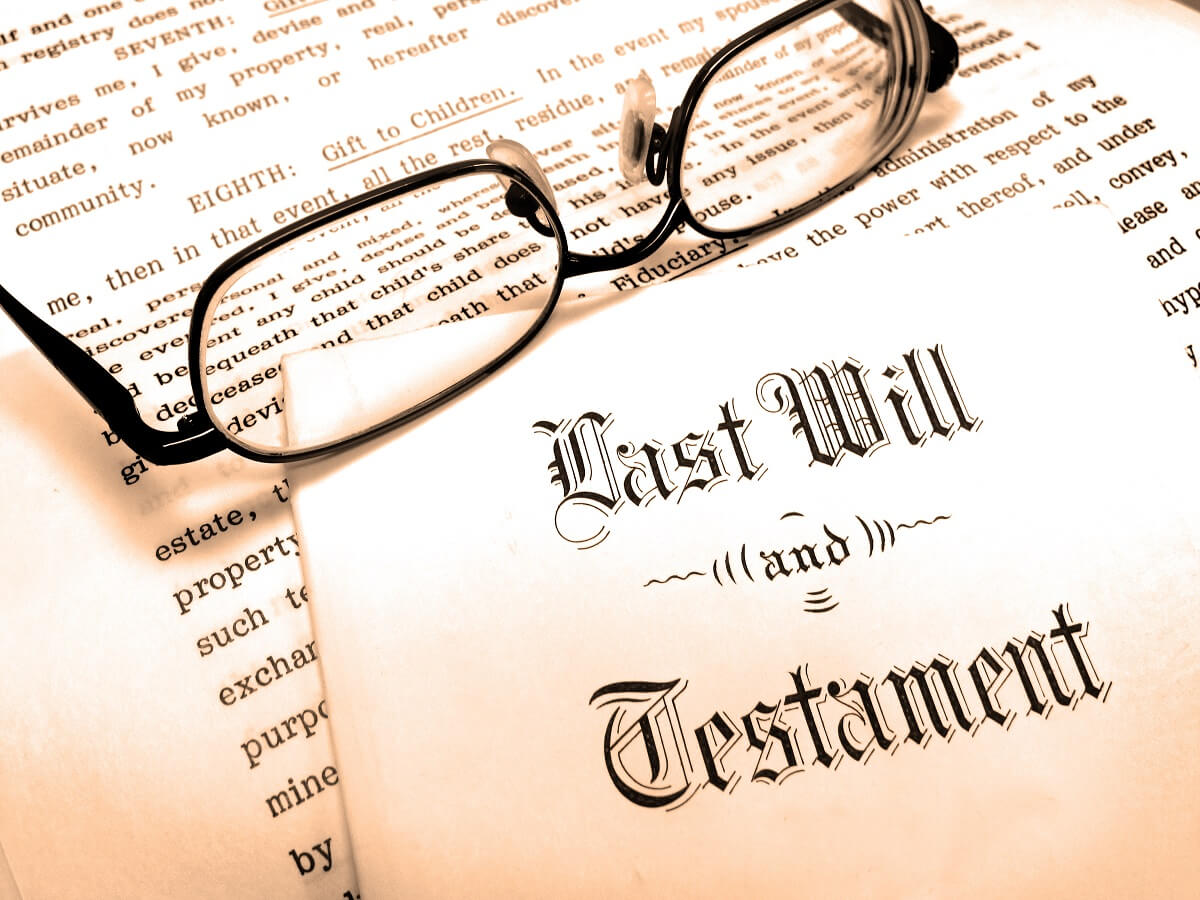Thinking about death isn’t the most pleasant topic, especially when it’s your own. But it’s something you can’t put off. There are so many stories about families ripped apart after losing a loved one, all because there were disagreements over who should get what.
A will is always a good idea, but it’s particularly important if you foresee issues, whether you are planning to unequally divide properties or leave most of your estate to a particular child. It can raise a lot of issues.
choosing your executor
The most important step in creating a will is visiting a lawyer and making them the executor of the will. Choosing a loved one to act as executor puts a lot of pressure on a grieving person, and it puts an emotional weight on them to act out your last wishes when people could be up in arms and upset about the outcome. It also means that in the event of a will dispute, no family member is targeting another family member. An impartial executor ensures there is no conflict of interest.
speak with your family about your wishes
The one thing that most people don’t do, even after consulting with a lawyer to create a will, is speak to their family. It’s wise to speak to family about what you have included in your will – it’s up to you whether you want to go into why. If there is someone you specifically believe may cause trouble after your death, speak to your lawyer about how to address this directly in your will. It may benefit everyone involved to leave them something to prevent them from creating pain by challenging your will.

review your will after major life changes
It’s also important to review your will every few years or at least after major life changes such as divorce, marriage, or having new children or grandchildren. There are plenty of resources available to understand how to address these changes in your will.
mitigating will disputes
If there is a will dispute, the process can be drawn out and emotional. Any eligible person can challenge a will, whether they believe the will is invalid or doctored, or they think they have been unfairly treated or left out altogether.
The key is to work with an experienced will and estate lawyer who can guide the process and ensure your will is airtight. It gives you the peace of mind to know your loved ones are cared for and provided for, and it prevents potential rifts in the family.




